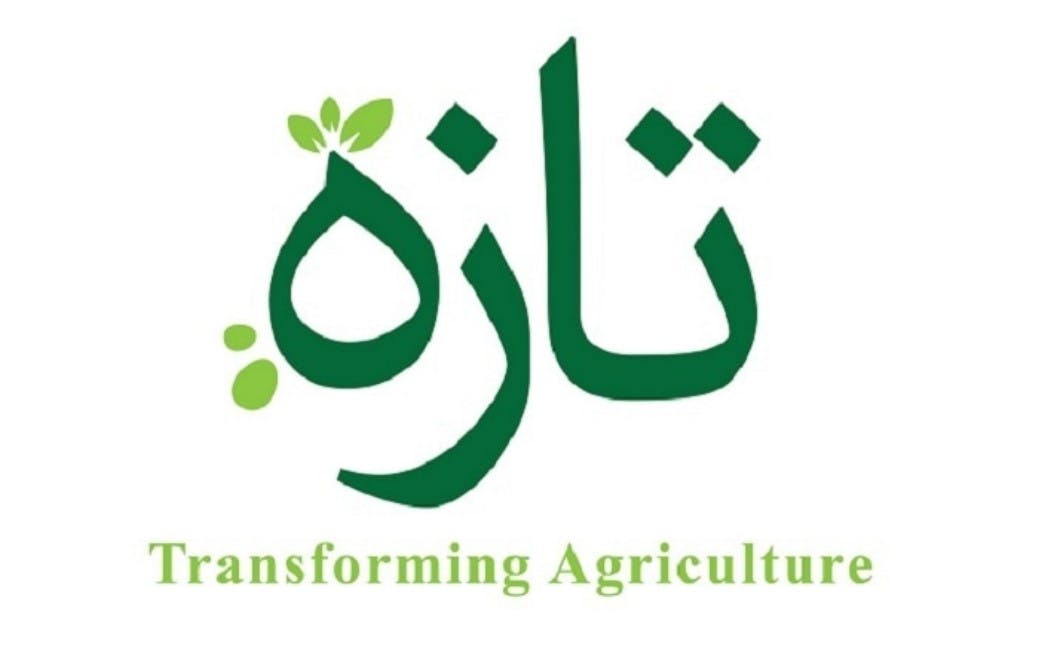Two million dollars has been raised in pre-seed funding for the Pakistani startup Tazah
ByShehryar Makhdoom | Published date:
(Image credit: tazahtech)
For the pre-seed round, Tazah, a Pakistan-based B2B agriculture platform, Global Founders Capital provided $2 million in funding, with Zayn Capital providing an additional $1 million in funding. Several other investors participated in the round, including Ratio Ventures, Walled City Co., i2i Ventures, Suya Ventures, Globivest, Afropreneur Syndicate, +92 Ventures Sunu Capital, and Musha Investments, among others.
Local business organisations, such as Mezan Foods, and famous angel investors, such as top executives from Careem and Swvl, participated in the round.
Abrar Bajwa and Mohsin Zaka, former executives of ride-hailing companies Careem and Swvl, co-founders said.
'' The company's objective is to alter the agriculture space in Pakistan and better the lives of farmers, enterprises, and consumers through the development of a technology-enabled operating system for the agriculture and food value chain, which will eventually include financial solutions''.
Tazah claims that after only two months of operations in Lahore, it has already served 300 small and medium-sized fruit and vegetable vendors who deliver truckloads of products every day to customers.
In exchange for the pre-seed money, the business intends to expand to additional cities in Pakistan, develop its product line, and lay the groundwork for improving farmers' access to capital in the future.
"Tazah aspires to be at the heart of farmers' and enterprises' life, with the majority of financial transactions taking place on the Tazah platform. Will reduce food prices and waste through Tazah's B2B marketplace while access to fresh items will increase for everyone.
According to the announcement, "Having grown up around agriculture through their families, Abrar and Mohsin have witnessed first-hand the need and opportunity to disrupt the agriculture supply chain by bringing in a fresh perspective."
In its report, the World Bank stated that Pakistan's agriculture and food supply chain provided a $60 billion opportunity. However, it was exceedingly inefficient and unrewarding for its primary stakeholders, including producers and shops selling and consuming fresh goods.
There is also a knowledge and power imbalance due to the geographical dispersion of the commodity and its short shelf life, which hurts producers, firms, and customers.
"At the macro level, these inefficiencies result in enormous food waste and increase in food prices, which means that consumers spend about 33% of their income on food."
We are motivated by the problem's intricacy and enormous effect, according to Bajwa. With the current ecosystem tailwinds in our favour, as well as the staff we are assembling, we do not doubt that we will be making waves in the field very soon, resulting in long-term benefits for growers, businesses, and consumers."
"When used properly, technology can fix decades-old problems," Zaka remarked. "We've experienced it first-hand with Careem and the city's transportation issue." In Pakistan, a sector that needs to be digitised and modernised could benefit significantly from the Tazah technology.
This partnership with Tazah will help us improve the Pakistani agriculture supply chain, says Tito Costa of Global Founders Capital.
"By eliminating present inefficiencies and waste, Tazah's platform will generate savings and offer opportunities for both farmers and small companies."


Comment